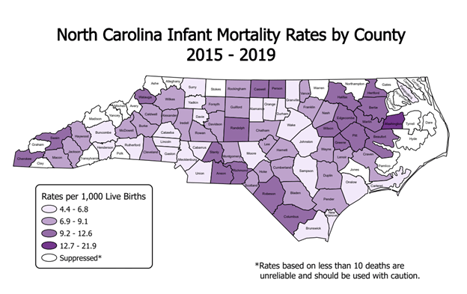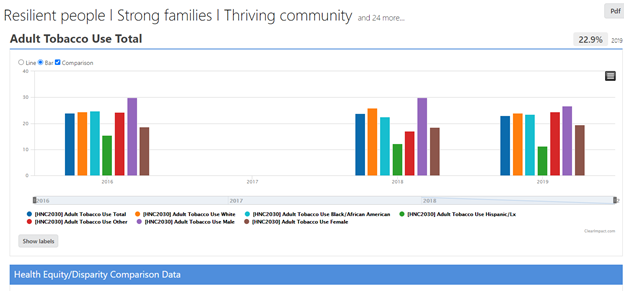For over 15 years Northwest Area Health Education Center (Northwest AHEC) has been providing an online course called “Counseling for Change: An Online Tobacco Cessation Course”. This course is designed to provide tools to enhance the skills of healthcare providers when counseling for tobacco use including smoking cessation, exposure to secondhand smoke (SHS), the use of smokeless tobacco and electronic cigarettes.
While the stages of change, the 5As and the 4Rs have not changed, the Counseling for Change course has gone through several iterations over the 16 years of its existence. This is one of the longest running online courses offered by Northwest AHEC, Counseling for Change has evolved from a basic website to Moodle learning platform lessons, to its current interactive form in Articulate RISE Web App and Storyline e-Learning platform. The modules and content are due for yet another facelift as we incorporate the innovations in nicotine delivery and hence more nicotine addiction. Through case scenarios and interactive lessons, participants learn about change talk and other strategies to help clients from pre-contemplative stages to active quitting.
The on-demand Counseling for Change new course will be available in November, you can sign up now to receive an email when the activity opens for registration.
Tobacco is one of the leading causes of preventable disease and premature mortality in the U.S. today. Healthcare providers can have a tremendous impact on reducing the rates of tobacco use and preventing unnecessary disease and death through tobacco cessation counseling offered to patients.
The course targets physicians, nurses, behavioral, public, and allied health professionals and offers continuing education credits.
1,294 health professionals have completed the online course since its inception in 2004. Participants represent a wide range of disciplines in North Carolina as well as 26 other states.
 History
History
In 1998, Forsyth County in North Carolina had an exceedingly high infant mortality rate of 12.5 per 1,000 live births. This rate exceeded the statewide rate of 10.2 and was the highest of the five metropolitan counties in North Carolina. With the help of a grant from The Duke Endowment, an initiative was launched by Northwest AHEC. The overarching goal was to improve the smoking cessation services offered to women of childbearing age in order to reduce their risk of having a low birth weight or premature infant. In partnership with many agencies, a variety of approaches - including didactic education for health care providers and referrals to a local tobacco counseling telephone service - was implemented in an effort to help women stop smoking.
As a result of the initial grant, the course was expanded from the targeted focus on infant mortality to addressing global issues related to tobacco use. Physician advice and encouragement have been shown to increase the number of patients who will attempt and succeed in quitting smoking.
- Four out of every nine adult cigarette smokers who saw a health professional during the past year did not receive advice to quit.*
- Less than one-third of adult cigarette smokers use cessation counseling or medications approved for cessation by the Food and Drug Administration when trying to quit smoking.*
- More than three out of five adults who have ever smoked cigarettes have quit.*
*Source Smoking Cessation: Fast Facts







